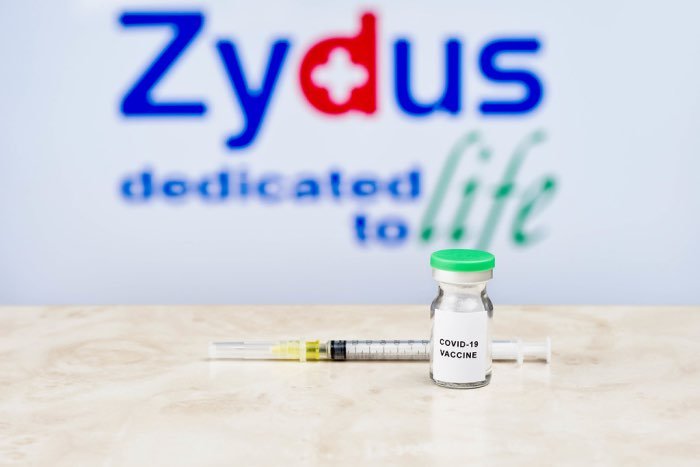Amid all the gloom due to uncertainties caused by the Covid-19 pandemic, now there is some piece of good news for the children. Zydus Cadila has received approval for Emergency Use Authorization (EUA) from the Drug Controller General of India (DCGI) for ZyCoV-D to be administered to children of 12 years of age and above. This will be the world’s first and India’s indigenously developed DNA based vaccine for COVID-19 to be administered in humans including children and adults 12 years and above.
“Making children of India COVID-safe, this vaccine can be used for individuals aged 12 and above. ‘ZyCov-D’ is the 6th approved Covid vaccine in India, and the 2nd indigenously developed one,” Union Health Minister tweeted.
Speaking on the development, Chairman of the Zydus Group, Pankaj R. Patel said, “We are extremely happy that our efforts to put out a safe, well-tolerated and efficacious vaccine to fight COVID-19 has become a reality with ZyCoV-D. To create the world’s first DNA vaccine at such a crucial juncture and despite all the challenges, is a tribute to the Indian research scientists and their spirit of innovation. I’d like to thank the Department of Biotechnology, Government of India for their support in this mission of Atma Nirbhar Bharat and Indian Vaccine Mission COVID Suraksha.”
Here is all you need to know about Zydus Cadila’s needless Covid-19 vaccine
Who developed ZyCoV-D
Zydus Cadila’s ZyCoV-D is developed in partnership with the Department of Biotechnology, Government of India under the ‘Mission COVID Suraksha’ and implemented by BIRAC.
Zydus Cadila 3-dose Covid vaccine
ZyCoV-D is a 3-dose plasmid DNA vaccine which when injected produces the spike protein of the SARS-CoV-2 virus and elicits an immune response mediated by the cellular and humoral arms of the human immune system, which play a vital role in protection from disease as well as viral clearance.
Zydus DNA Covid-19 vaccine
The plug-and-play technology on which the plasmid DNA platform is based can be easily adapted to deal with mutations in the virus, such as those already occurring. In simple terms, DNA vaccines carry into the body the genetic code for that part of the virus that triggers the immune system in the body.
Zydus Cadila’s ZyCoV-D efficacy
Interim results from Phase-III Clinical Trials, in over 28,000 volunteers, showed primary efficacy of 66.6 per cent for symptomatic RT-PCR positive cases. This has been the largest vaccine trial so far in India for COVID-19. This vaccine had already exhibited robust immunogenicity and tolerability and safety profile in the adaptive Phase I/II clinical trials carried out earlier. Both the Phase I/II and Phase III clinical trials have been monitored by an independent Data Safety Monitoring Board (DSMB).
Why is this called a needleless vaccine
ZyCoV-D is an intradermal injection which means it only goes into the skin, unlike large needles that are given in the muscles. Instead of using an injection, ZyCoV-D is applied using The PharmaJet needle-free system. The technology uses a single-use, sterile, disposable syringe with a reusable injector. A needle-free syringe is filled with the vaccine and loaded into the injector. While administering, the syringe is simply pressed at the injection site. Following this, pressure needs to be applied to the injection site with cotton or gauzed for 60 seconds and then an adhesive bandage is applied, according to PharmaJet’s user guide.









Unified Pension Scheme (UPS): How it differs from NPS and OPS
India braces for heatwave: Top tips to stay safe in sweltering conditions
Stress managemnt: 10 tips to manage anxiety issues